Latin American Heritage Month runs from Oct. 14th to November 2nd.
Latincouver is hosting a number of events in Vancouver to mark the occasion. To learn more about the organization, or for the official website of all the events, visit latincouver.ca/lahm.
Thanks to Gabriella, a new friend and attendee of UCV, for putting together the following list of recommended books and films.
*
LATIN AMERICAN HERITAGE MONTH
READINGS:
Open veins of Latin America by Eduardo Galeano (Uruguay)
Since it was published, in 1971, this brilliant text, written by the Uruguayan journalist and writer Eduardo Galeano, has set a new standard for historical scholarship of Latin America. “Rather than chronology, geography, or political successions, Eduardo Galeano has organized the various facets of Latin American history according to the patterns of five centuries of exploitation. Thus, he is concerned with gold and silver, cacao and cotton, rubber and coffee, fruit, hides and wool, petroleum, iron, nickel, manganese, copper, aluminum ore, nitrates, and tin. These are the veins which he traces through the body of the entire continent, up to the Rio Grande and throughout the Caribbean, and all the way to their open ends where they empty into coffers of wealth in the United States and Europe”. This an essential reading to understand the major consequences of colonialism, neo-colonialism and imperialism on Latin America and its people. (Image: pinterest.ca)
The posthumous memoirs of Brás Cubas by Machado de Assis (Brazil)
Joaquim Maria Machado de Assis, known as Machado de Assis or Bruxo do Cosme Velho (Cosme Velho’s Wizard), was a Brazilian novelist, poet, playwright and short story writer and is regarded as the most important writer of Brazilian literature. Among his masterpieces, there is the 1881 novel The Posthumous Memoirs of Brás Cubas. The novel is considered the first romance of the realist movement in Brazil and is narrated by a ghost of a decadent aristocrat that decides to write his story from the end, noting his political ambitions and failed romances. The fact of being already deceased allows Brás Cubas to sharply criticize the Brazilian society and reflect on his own disillusionment, with no sign of remorse or fear of retaliation. The novel has been compared to the work of everyone from Cervantes to Joyce to Nabokov to Borges to Calvino and has influenced generations of writers around the world. (Image: pinterest.ca)
One hundred years of solitude by Gabriel García Márquez (Colombia)
Gabriel García Márquez, fondly known as Gabo, is considered one of the most relevant authors of the 20th century and a Latin American gem. The Colombian journalist, novelist, screenwriter and short-story writer is responsible for popularizing a literary style known as “magic realism”, in which realistic situations are combined with magical elements. And it is this combination that makes some of his novels so special, being One Hundred Years of Solitude one of them. The novel presents to the readers the story of Macondo, a fictional village that is the hometown of the Buendía family, with a realistic setting and fantastic episodes. Through rich and shrewd prose, Gabo makes the readers confront conflicts such as the desire for solitude through the lens of Greek myths. (Image: amazon.ca)
MOVIES:
City of God (Brazil)
Released in 2002, City of God is one of the most famous and celebrated Brazilian movies. The film portrays the story of two young men, Rocket and Lil Ze, who live in the favela called City of God, in Rio de Janeiro, over three decades and shows the different directions that both take in their lives. Rocket becomes a budding photographer who documents the increasing drug-related violence in his neighborhood whereas Lil Ze turns into an ambitious drug dealer who uses Rocket and his photos to increase his fame as a turf war erupts with his rival. Something that called peoples’ attention is that most of the actors in the movie were, in fact, residents of favelas. The film received widespread critical acclaim and was nominated for four Academy Awards in 2004: Best Cinematography, Best Director, Best Film Editing and Best Writing. (Image: imdb.com)
The secret in their eyes (Argentina)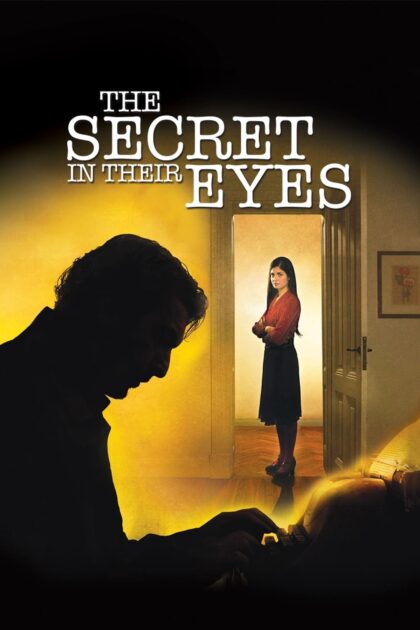
The 2009 Argentinian crime drama was based on the novel La pregunta de sus ojos (The question in the eyes) by Eduardo Sacheri. The film depicts the retired Argentinian federal justice agent Benjamín Espósito, who decides to write a novel using an old closed case as the source material. The case is the brutal rape and murder of Lilian Coloto. With the help of a former colleague, judge Irene Menéndez Hastings, Benjamín attempts to make sense of the past. The journey through his memories sets Benjamín on a thrilling emotional path that leads to a shocking realization. The film received important awards, notably the Academy Award for Best Foreign Language Film at the 82th Academy Awards, making Argentina, with 1985’s The Official Story, the first country in Latin America to win it twice. In 2015, the American film industry made a remake of the movie, but it is important to highlight that the Argentinian version is the original one. (Image: themoviedb.org)
Pan’s Labyrinth (Mexico)
One of the most acclaimed movies of the Mexican director Guillermo del Toro is the 2006 Pan’s Labyrinth. The movie takes into focus Ofelia, a child who believes in fairy tales. Following the Spanish Civil war, during the Francoist period, the little girl enters a world of cruelty when she moves in with her new stepfather. One night, a fairy leads her to a mysterious faun creature who informs her that she is a princess and needs to complete three tasks to establish her royal heritage. The Spanish-Mexican movie is considered one of the best fantasy films ever made and received widespread critical acclaim, with many praising the visual effects, direction, cinematography and performances. Pan’s Labyrinth also won numerous international awards, including three Academy Awards and three BAFTA Awards, including Best Film Not in the English Language. (Image: Wikipedia.org)










 by Mary Bennett Imbolc (usually pronounced with a silent “b”) is a good time, if you’re like me, to finally put all of the Christmas decorations away and finalize your New Year’s resolutions!
by Mary Bennett Imbolc (usually pronounced with a silent “b”) is a good time, if you’re like me, to finally put all of the Christmas decorations away and finalize your New Year’s resolutions!


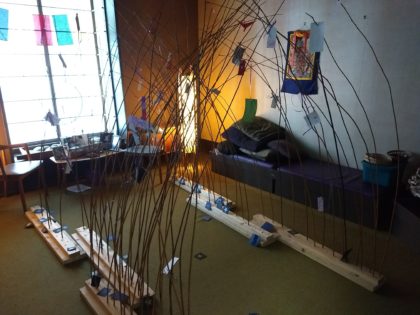 first created an Ancestor Shrine with the children’s program back in the fall of 2013. Transforming the meditation room into a place of remembrance at the end of October has become a firm tradition since then. It is something our children remember and connect with over the years.
first created an Ancestor Shrine with the children’s program back in the fall of 2013. Transforming the meditation room into a place of remembrance at the end of October has become a firm tradition since then. It is something our children remember and connect with over the years.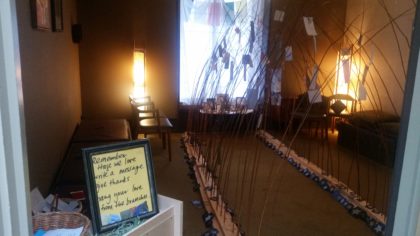 Please come explore the Ancestor Shrine after Sunday service on October 27th.
Please come explore the Ancestor Shrine after Sunday service on October 27th.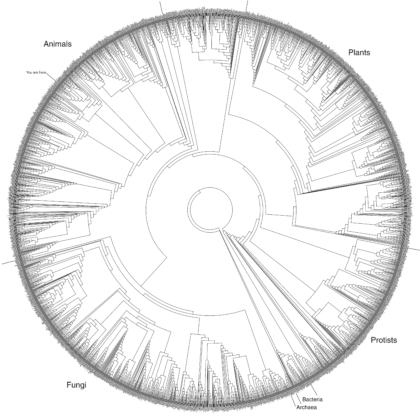
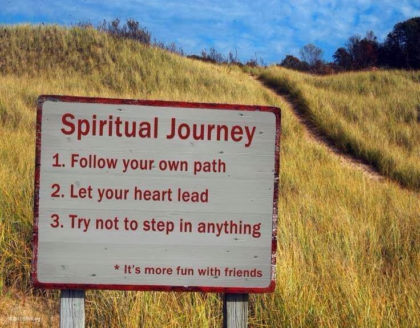
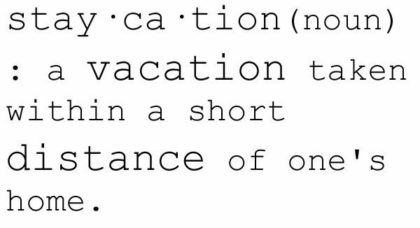
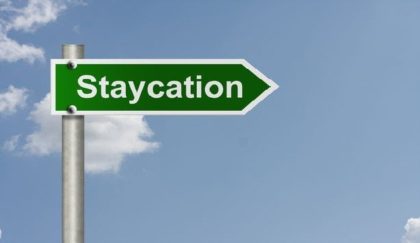 Celebrate May Days – Keep this list!
Celebrate May Days – Keep this list!
You must be logged in to post a comment.